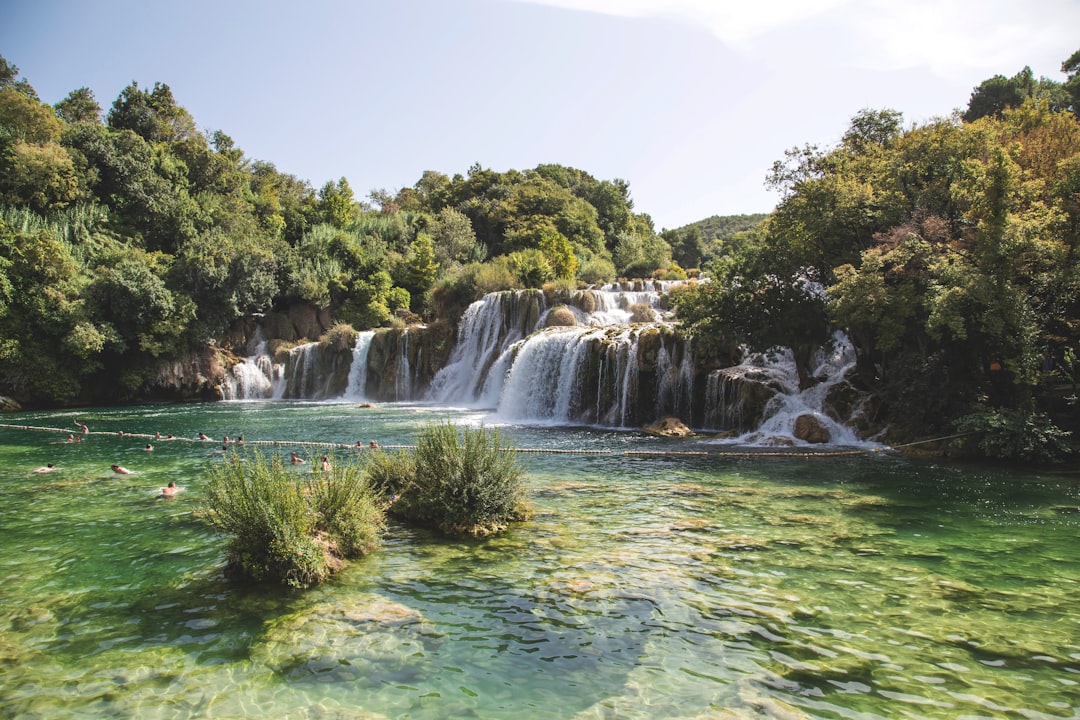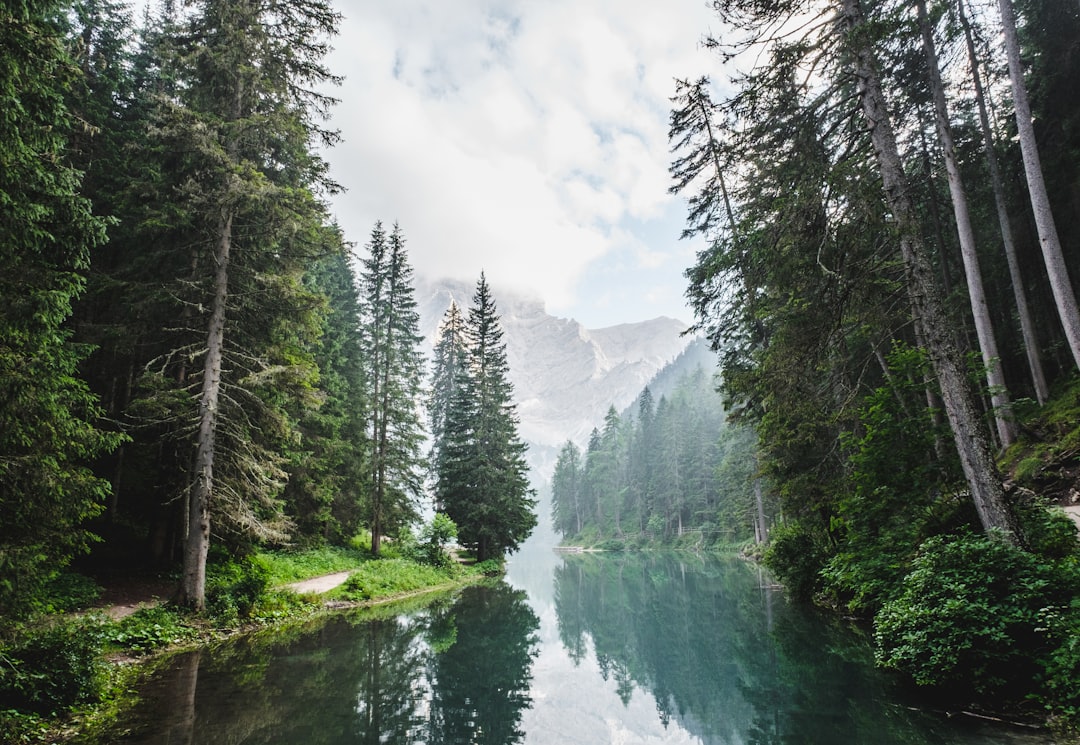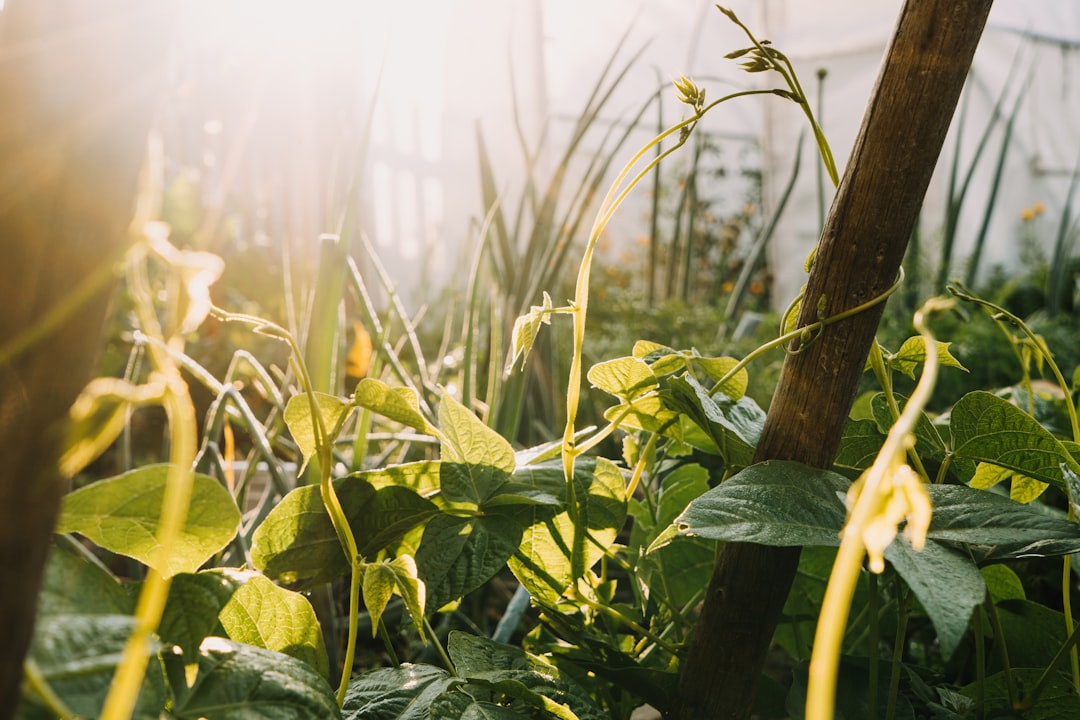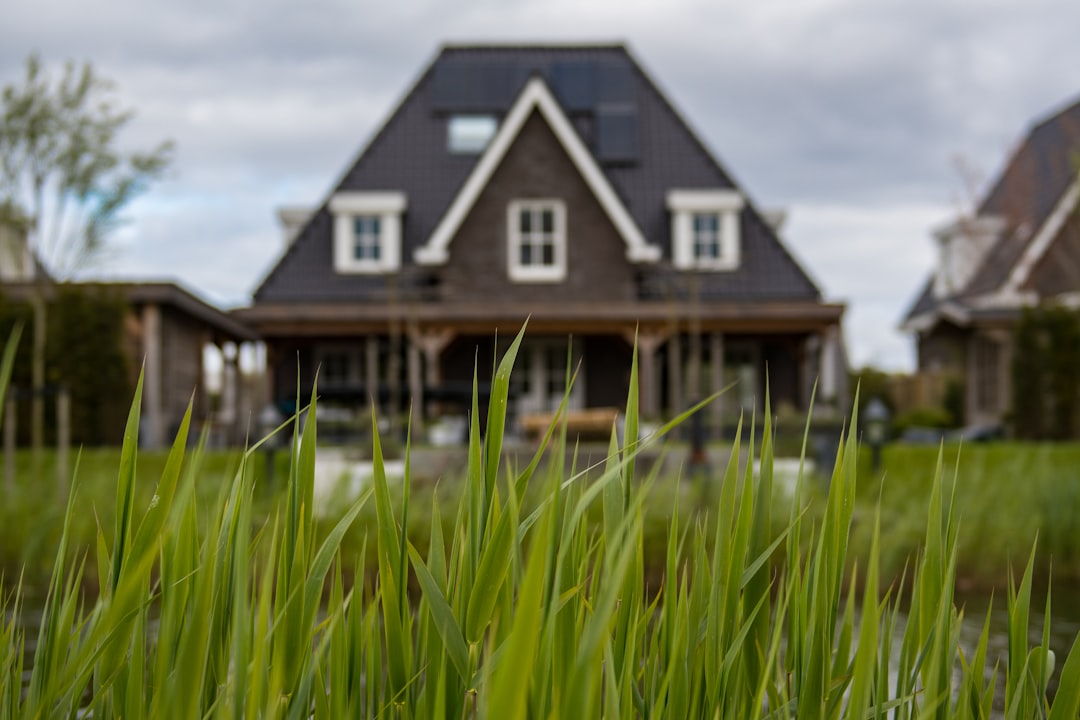Blog Posts
Latest articles and updates

Permaculture in Temperate Climates: Adapting to Four Seasons
Permaculture is often associated with tropical food forests or dryland water-harvesting systems, but it’s just as effective in temperate climates like Germany, the UK, the northeastern US, and parts of …

Natural Building and Sustainable Housing in Permaculture: Creating Homes in Harmony with Nature
Permaculture isn’t just about food production—it’s a holistic approach to designing sustainable human habitats. One of its core principles is working with nature, rather than against it, and …

Animal Integration in Permaculture Systems: Chickens, Ducks, and More
Permaculture is all about designing regenerative, self-sustaining ecosystems, and integrating animals plays a crucial role in achieving this balance. Animals contribute to soil fertility, pest control, weed management, and …

Natural Pest and Disease Management in Permaculture: Working with Nature for Resilient Gardens
In permaculture, pests and diseases are not enemies to be eradicated, but indicators of imbalances in the ecosystem. Instead of relying on synthetic pesticides and fungicides, permaculture emphasizes natural, …

Seed Saving and Propagation for Resilient Gardens and Farms
In an era of climate change, biodiversity loss, and increasing dependence on industrial agriculture, seed saving and propagation have become essential practices for gardeners and farmers seeking resilience and self-sufficiency. …

Composting and Vermicomposting in Permaculture Systems: Turning Waste into Nutrient-Rich Soil
In a world where soil degradation and food waste are growing concerns, composting and vermicomposting offer simple yet powerful solutions. These natural recycling processes transform organic waste into nutrient-rich compost, …

Composting and Vermicomposting in Permaculture Systems: Turning Waste into Life
One of the fundamental principles of permaculture is the idea that "waste" doesn’t exist in nature—instead, everything is part of a continuous cycle of growth, decay, and renewal. Composting …

Hugelkultur: Building Raised Beds for Water Retention and Fertility
Imagine a garden bed that requires little watering, improves soil fertility over time, and recycles natural materials—sounds too good to be true? Welcome to the world of hugelkultur, a …

Food Forests: Creating Multi-Layered Edible Ecosystems
Imagine stepping into a lush garden where fruit trees tower above, vines drape down with clusters of grapes, berry bushes flourish at eye level, and edible greens carpet the ground …

Permaculture for Water Management: Harvesting, Conserving, and Cleaning Water
Water is the foundation of life, yet across the globe, we face serious water-related challenges, including droughts, floods, pollution, and groundwater depletion. Conventional water management systems often rely on energy-intensive …

Permaculture for Reforestation and Land Restoration: Healing Degraded Landscapes
Land degradation, deforestation, and soil erosion are some of the greatest environmental challenges of our time. Across the globe, millions of hectares of once-thriving ecosystems have been stripped of their …

Permaculture for Community Projects: Building Resilient and Collaborative Systems
In an era where community resilience and environmental stewardship are more important than ever, permaculture offers a transformative approach to designing systems that are sustainable, productive, and deeply collaborative. By …